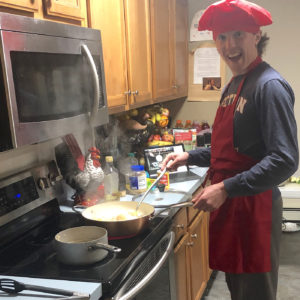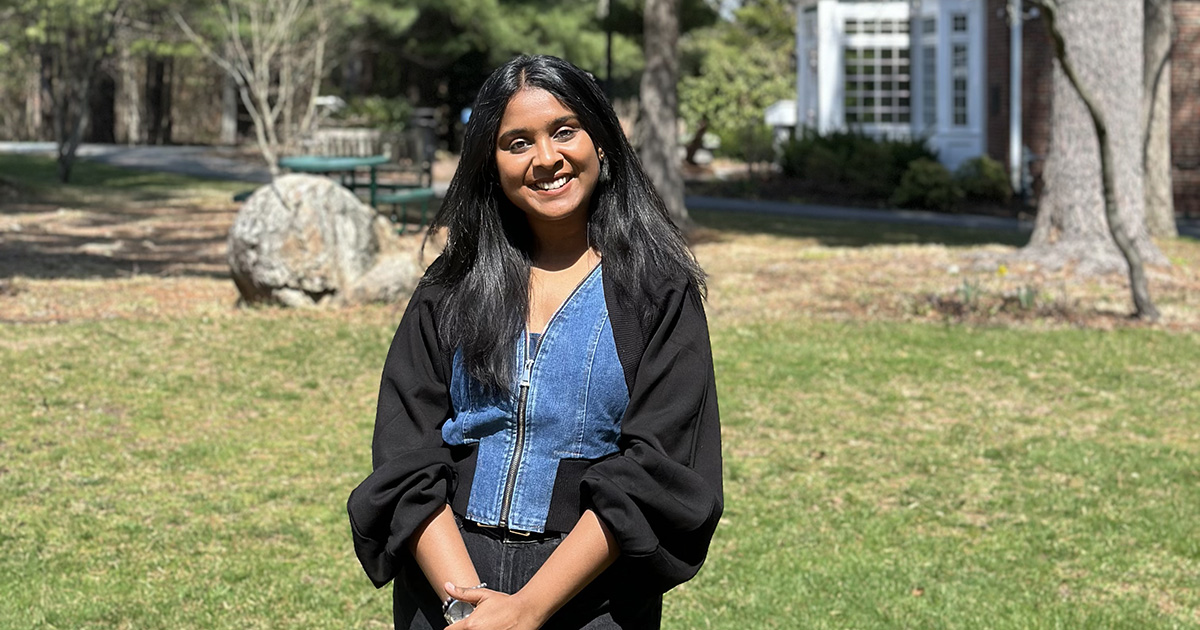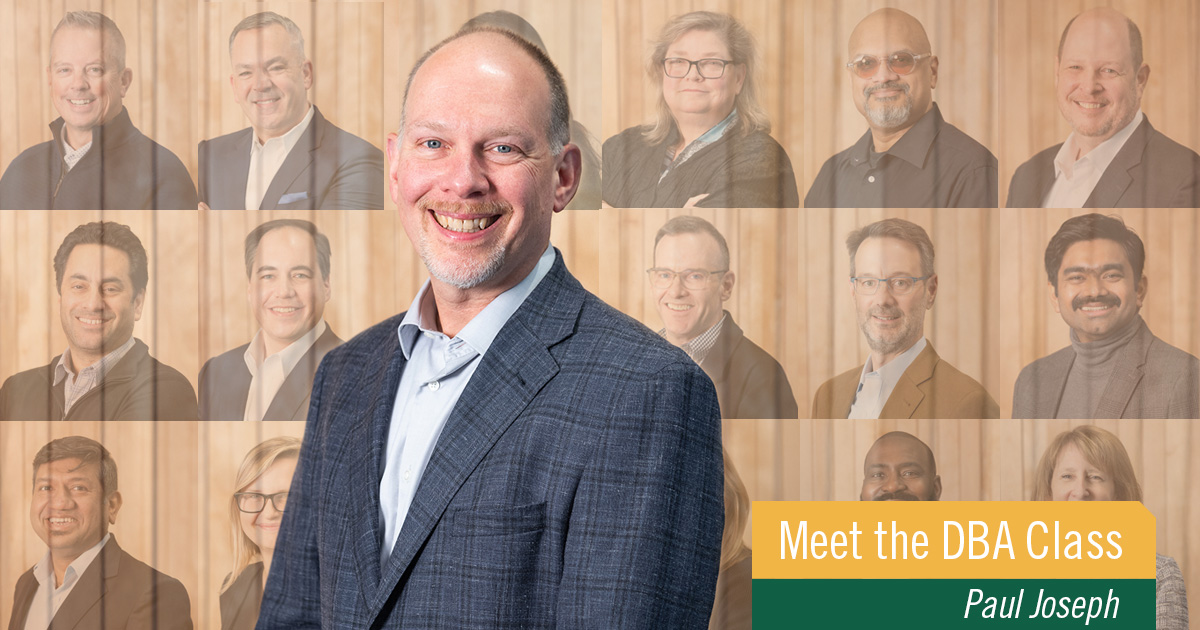Experiential Study Abroad from Home? Here’s How Babson College Made it Happen

Bushidō, a code of the samurai. Sadō, a Japanese tea ceremony. Shodō, more commonly known in the United States as calligraphy.
All are examples of experiential learning in EPS Made in Japan: Culture & Opportunities, a Babson College virtual elective abroad held over the winter break. Engineered by Associate Professor Yasuhiro Yamakawa, the course offered a glimpse into Japanese culture, allowing students such as Ryan Wilson ’23 to study abroad, even from home.
“Quite literally, we were physically engaging ourselves in the course. The best way to learn is by doing,” Wilson said. “Everybody has different experiences and different stories. It’s our job as responsible citizens to learn what they have to say.”
Using the Make it Happen Mindset
It has been about a year since the pandemic mandated us to adapt the way we work and learn. Like the flick of a light switch, working from home and learning in hybrid formats became the norm.
Yet, life outside of our bubbles, full of learning opportunities, still continues. “We forget sometimes that there’s this whole world out there,” Wilson said. “The occasional reminder to open your horizons, and look at what you’ve never explored before, it changes the perspective you have on life and the work you’re doing now.”
The virtual elective abroad was held across two weeks in December and two weeks in January. In order for students to learn experientially at home, supplies such as brushes for shodō and Japanese curry for cooking were mailed out in advance.

Ryan Wilson ’23 cooks in his kitchen, learning experientially during EPS Made in Japan: Culture & Opportunities.
This hands-on, logistical spiderweb would not have been possible without the ambition and work of Yamakawa. As a faculty member who has led undergraduate and graduate Electives Abroad for over five years, Yamakawa pivoted the course online at the request of Babson students and in close collaboration with the Glavin Office of International Education.
“I said, ‘I have to do this because it’s my responsibility,’ ” he said. “We teach students to think entrepreneurially; as faculty, I wanted to do just that.”
In addition to the experiential aspects of the elective, Yamakawa hosted guest speakers on everything from Buddhism and Shinto to natural disasters.
“Innovation comes from constraints,” Yamakawa said. “When things happen like the pandemic, don’t just complain about the problem. Be on the solution side.”
Rooted in Entrepreneurial Thought & Action®
Reflecting on the course shortly after its completion, Wilson felt a sense of accountability.
“You have to be responsible in completing the work, but you also have to be responsible to yourself to learn the cultures of other people,” he said. “Learning through the lines of a different culture can completely change the way you look at things.”
Yamakawa used that same word—culture—and he reinforced the value of a diverse set of viewpoints. “There’s no right or wrong with any culture. We just need to be aware of it and sensitive about it. Opportunities come from thinking differently,” Yamakawa said. “This coincides and aligns with the study-abroad experience. … It all comes back to Entrepreneurial Thought & Action® (ET&A™).”
Posted in Community, Entrepreneurial Leadership




